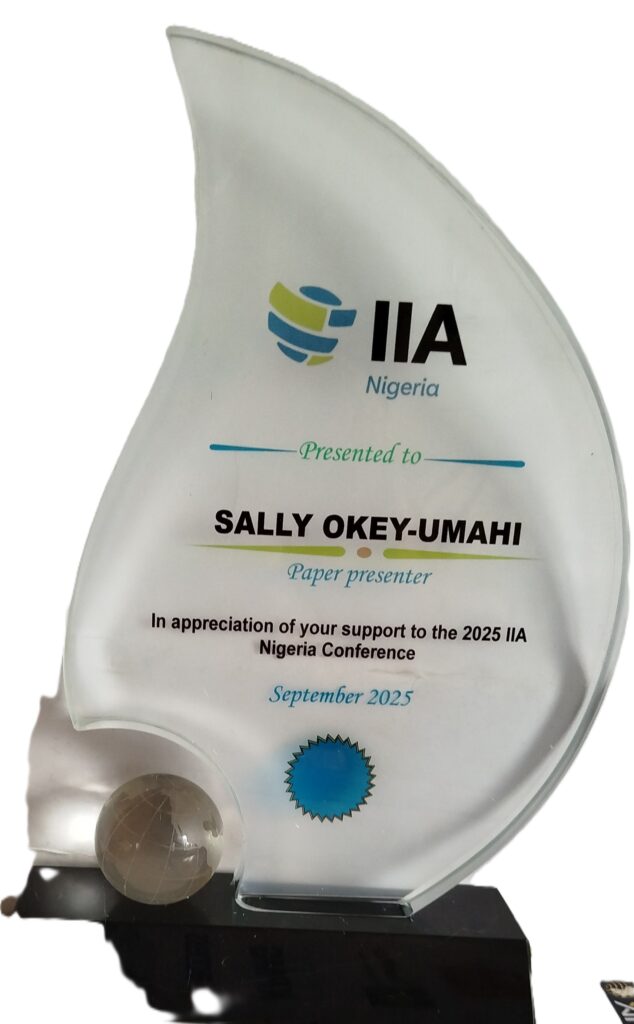Table of Content
- What the Stakeholders Said They Want From Interna Audit.
- Why EQA Matters.
- How Internal Auditors Can Help
- Why EQA Matters
- Who Can or Cannot Perform EQA
- The role of the Chief Audit Executive, Board and Senior Management in EQA
- Conditions For Using Internal Audit Quality Assessment as EQA
- EQA Standards, Frameworks and Management Life Cycle
- Sample EQA Reporting Templates.
- EQA Findings – Signs of a Troubled Internal Audit Function.
- EQA Strategic Alignment.
- Conclusion and Next Steps
What the Stakeholders Said They Want From Interna Audit.
Stakeholders want internal auditors to be Trusted Advisers delivering TRUST just as medical practitioners deliver WELLNES.
TRUST here is not about interpersonal relationships in the hierarchy of relationships within and outside the organizations. It is about the RELIABILITY of the information contained in the reports, presentations and speeches made about a company’s affairs, current performance results and targets for the future.
The TRUST demand is consistently echoed in many thought leadership publications, paper presentations in professional events, executive management meetings and board room discussions. This demand has continued to emphasize the strategic importance of Internal Audit professional and the value they should bring to the table to provide comfort to support risk-informed strategic decisions and successful execution of the strategic initiatives by management as approved by the Board.
Boards and Executive Management are liable when the company they serve fails or is dragged into scandals. This is because Boards have direct responsibility for oversight, direction and control of the management functions while management has the direct responsibility for managing the company’s day to day operations.
They are aware that DOUBT destroys confidence, births fears, stifles effective decision makings, execution of actions and reporting of results. They do not want to be in a DOUBT state whenever demands for capital asset investments decisions and other critical matters requiring their attention are brought to their table.
They want to make decisive decisions with confidence and timely, but this can only happen if they trust the reports coming from their company across all levels.
TRUST destroys fears, reinforces confidence in making strategic decisions, successful execution of strategic initiative, and building organization resilience for excellence and performance to thrive.
As a trusted Adviser the Internal Auditors must embed Process Excellence + Personal Excellence + Professional Excellence + Organizational Excellence in their service delivery to meet the TRUST yearnings of the business.



Very insightful and helpful.
Thanks for what you are doing
Thanks you very much Chileobim for your inspiration. I appreciate